Fast-forwarding Decarbonization in Taiwan with Natural Gas-fired Cogeneration Facilities
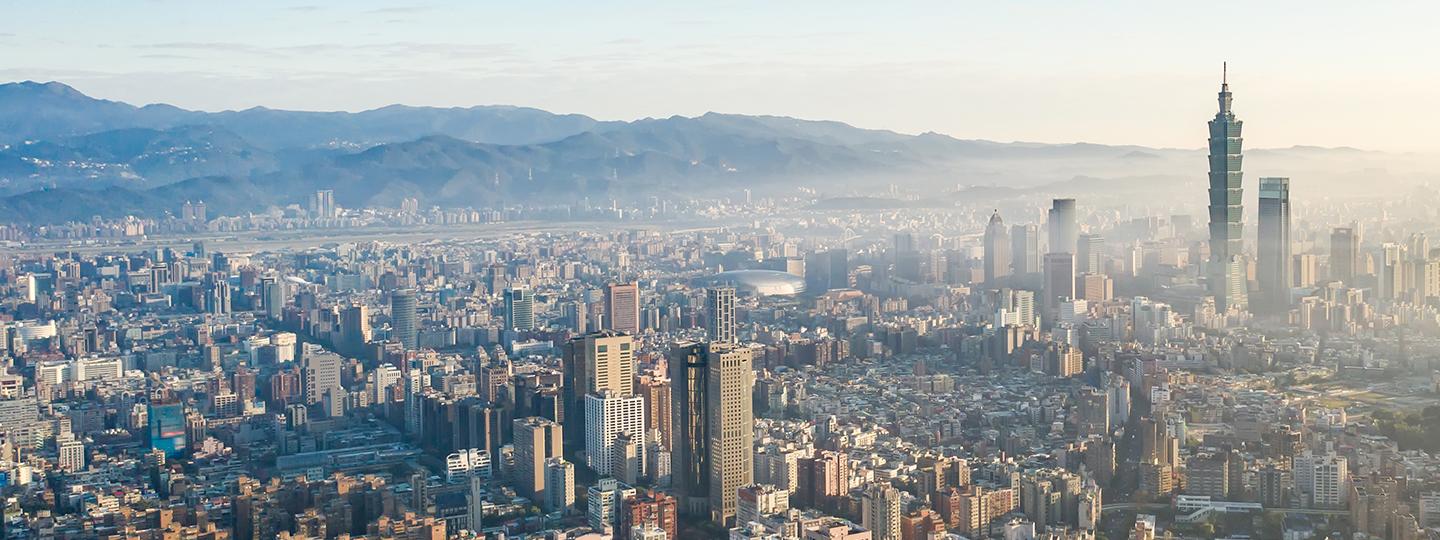
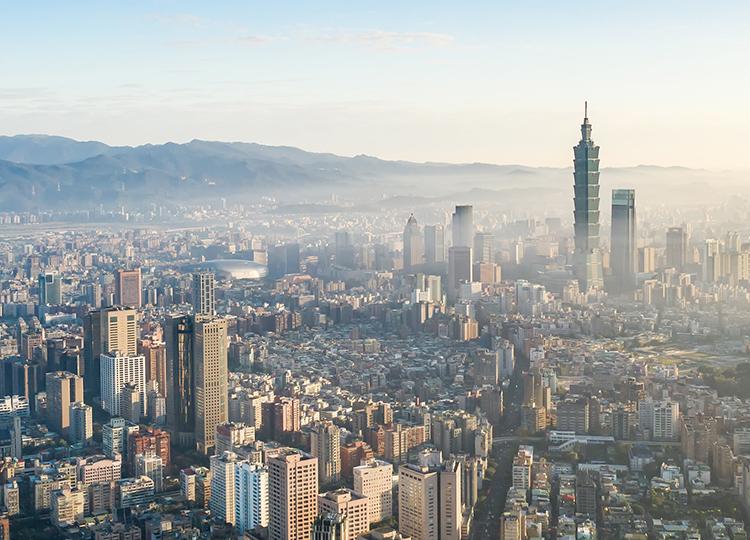
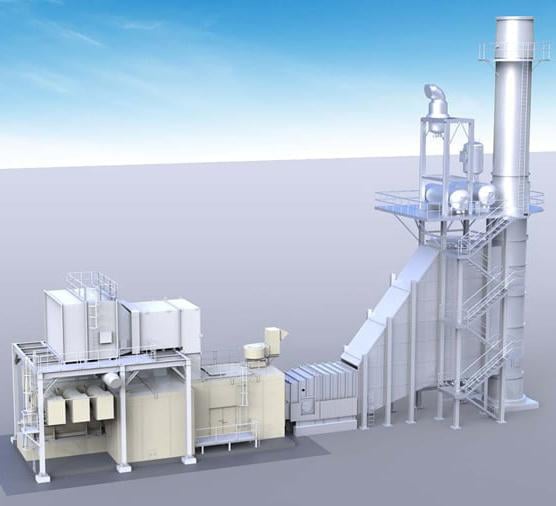
Gas Turbine
|
|
|---|---|
| Client | Chang Chun Group |
| Plant | 1. Chang Chun Plastics Dafa Factory 2. Chang Chun Petrochemical Miaoli Factory |
| Total Output | 1. Approx. 30 MW 2. Approx. 30 MW |
| Country/Region | 1. Taiwan (Kaohsiung City) 2. Taiwan (Miaoli City) |
| Scope | H-25 gas turbines and TOMONI® |
| Schedule | 1. Ordered in 2022, to be commissioned in spring 2024 2. Ordered in 2023, to be commissioned in spring 2025 |
KEY POINTS
- Mitsubishi Power is delivering two H-25 gas turbines for cogeneration facilities at the Chang Chun Plastics Dafa Factory and Chang Chun Petrochemical Miaoli Factory for the orders from Chang Chung Group, Taiwan's leading petrochemical conglomerate.
- Mitsubishi Power is also providing support for operations using TOMONI® our suite of intelligent solutions.
Overview
Bustling Small Island Is Full of Energy, with Strong Support for Innovation
-
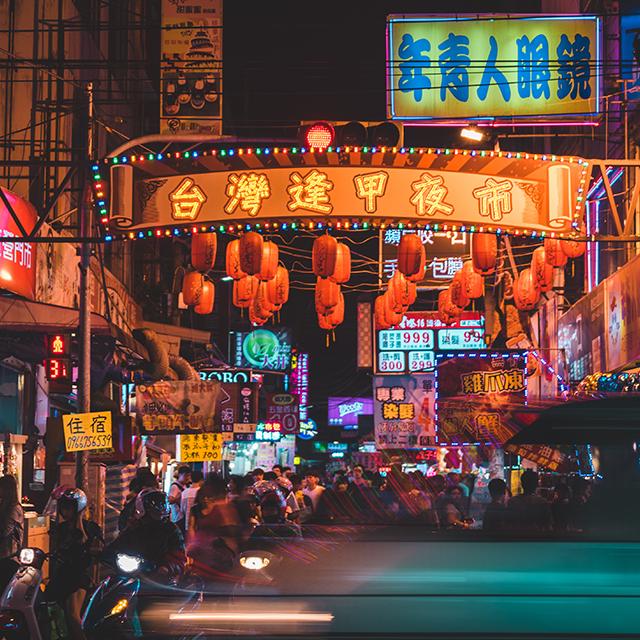
-
Taiwan is a leaf-shaped island in the West Pacific between Japan and the Philippines. Although the size of the island is around 36,000 square kilometers, about the same size as Japan’s Kyushu Island, Taiwan has a population of around 23 million people, and it has a robust economy. According to the Heritage Foundation, a thinktank in the U.S., Taiwan ranks number 6 on the Index of Open Economy. Taiwan’s economic and cultural center is Taipei. The first thing you’d be amazed by when visiting this city is the number of motorcycles that fill the streets. The city is also filled with food stalls and night markets, reflecting the dining culture of eating out. Taipei is a lively place, bustling day and night. (Note1)
The Taiwanese government has implemented “2030 Smart Taiwan” vision, emphasizing “Innovative, Inclusive and Sustainable.” It actively supports start-ups and innovation, and it promotes a variety of initiatives in the environment and energy sectors, as well as in the country’s world-leading information and communication technology (ICT) and manufacturing sectors.(Note2)- 1"2022-2023 Taiwan at Glance," issued by the Ministry of Foreign Affairs of Taiwan, November 2022
- 2Same as Note 1.
Reducing CO2 Emissions Toward Decarbonization by 2050
In April 2021, the Taiwanese government announced its commitment to achieve carbon neutrality by 2050. In March 2022, the government laid out specific measures in the "2050 Net Zero Emissions Roadmap," which includes investing approximately 3.78 trillion yen by 2030 to accelerate progress toward decarbonization. (Note3) The most pressing issue is to reduce CO2 emissions from companies and factories. In Taiwan, there are many companies that still use coal. Many of them are now looking for ways to reduce their carbon footprint on their own, not just because the government is requiring them to do so.
- 3"Understanding Taiwan's Roadmap to Decarbonization," JETRO, May 2022
Gas Turbines from Mitsubishi Power
Chosen to Reduce Coal Consumption
To be proactive in this effort, Taiwan's leading petrochemical conglomerate, the Chang Chun Group, has begun installing new facilities that can support energy transition. The group has decided to use Mitsubishi Power's H-25 gas turbines in two natural gas-fired cogeneration facilities, one at the Chang Chun Plastics Dafa Factory and the other at the Chang Chun Petrochemical Miaoli Factory. In both cases, our highly efficient H-25 gas turbines will replace existing coal-fired boilers, which will reduce coal consumption and significantly reduce CO2 emissions.
-
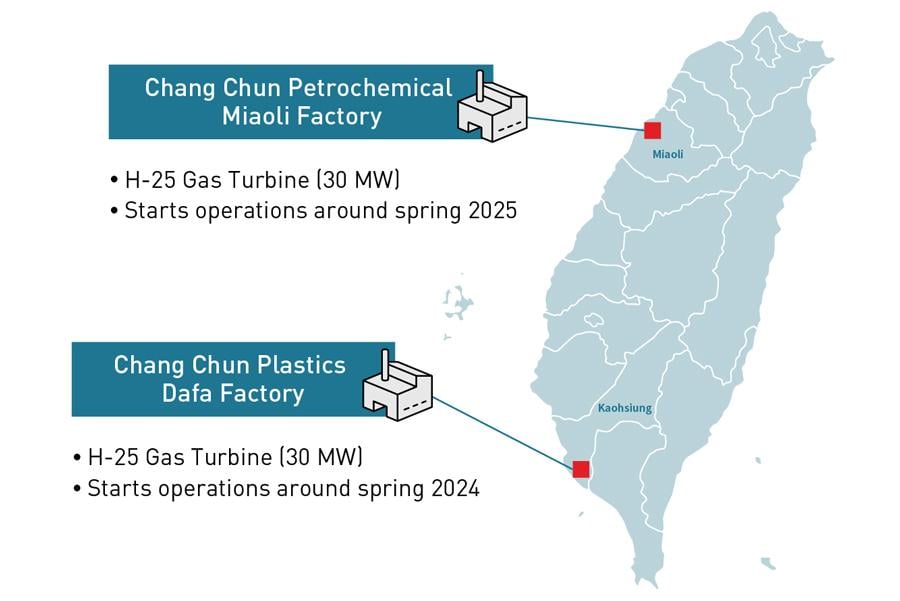
-
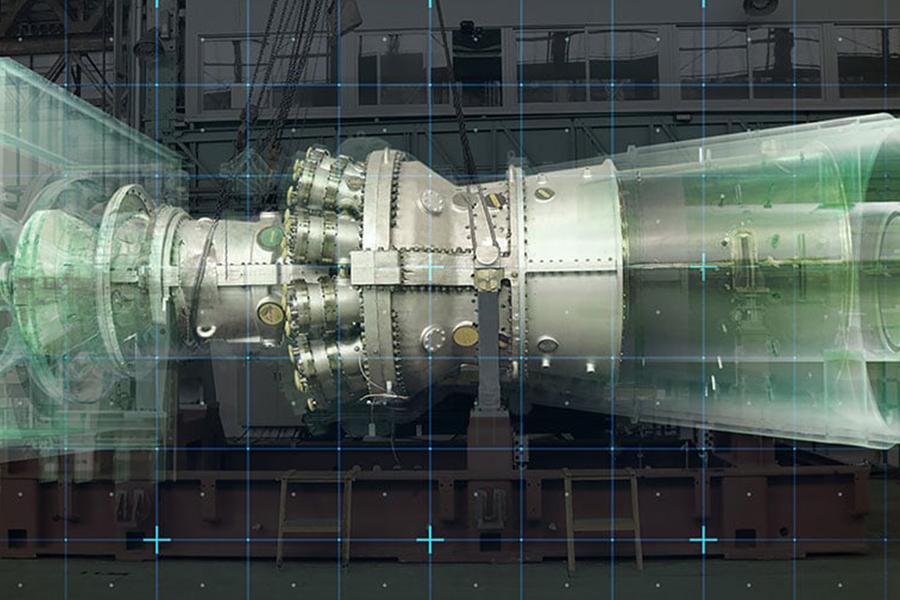
H-25 Gas Turbine
Outcomes
Reducing Environmental Impact Further
Using Mitsubishi Power's Highly Efficient H-25 Gas Turbines
The two cogeneration facilities for Chang Chun Plastics Dafa Factory and the Chang Chun Petrochemical Miaoli Factory are natural gas-fired combined heat and power systems, in which electricity is generated by a gas turbine with a waste heat recovery boiler to extract process steam. Compared to conventional coal-fired boilers, this system has the advantage of allowing high-efficiency use of multiple energy sources while reducing CO2 emissions, which contribute to greenhouse effects. The H-25 gas turbines from Mitsubishi Power have been optimized for use in industrial facilities and cogeneration systems, and nearly 200 units have been installed and operated in Japan and other countries. Switching from conventional coal-fired boilers to the natural gas-fired H-25 gas turbines, the plants can achieve higher operational efficiency and significantly reduce CO2 emissions greatly. With this energy transition, the Chang Chun Group is expected to reduce CO2 emissions from the Chang Chun Plastics Dafa Factory and the Chang Chun Petrochemical Miaoli Factory by 760,000 tons per year (Note4) by 2030. Further, as the H-25 gas turbines can use hydrogen or ammonia fuel by simply replacing combustors, this provides flexible options for the Group to significantly reduce environmental impact in the future.
- 4"2022 ESG Report," Chang Chun Group, May 2022
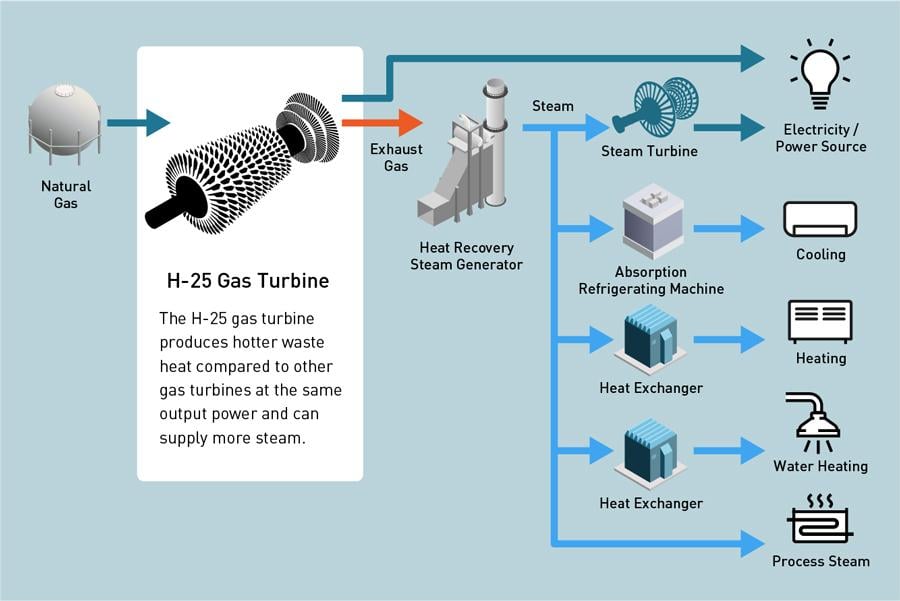
Cogeneration (Combined Heat and Power) System
H-25 Gas Turbine Replacement Video
Solutions
Contributing Continuously, from Delivery and Installation to AI Support for Operations
Mitsubishi Power is delivering H-25 gas turbines with auxiliary equipment as well as dispatching technicians to support installation and commissioning of the facilities. The first of the two units is scheduled to be commissioned in spring 2024 at the Chang Chun Plastics Dafa Factory, and the second unit in spring 2025 at the Chang Chun Petrochemical Miaoli Factory. In addition, we plan to use our suite of intelligent solution, TOMONI® with AI technology to provide 24-hour remote monitoring service to ensure safer and more secure operation of the H-25 gas turbines. Mitsubishi Power has concluded a forward-looking Frame Agreement with Chang Chun Group for delivery of a total of four H-25 gas turbines, including the two units for these projects. Mitsubishi Power will continue to contribute to the strengthening of Taiwan's industrial infrastructure and the reduction of the environmental impact from its energy sector.
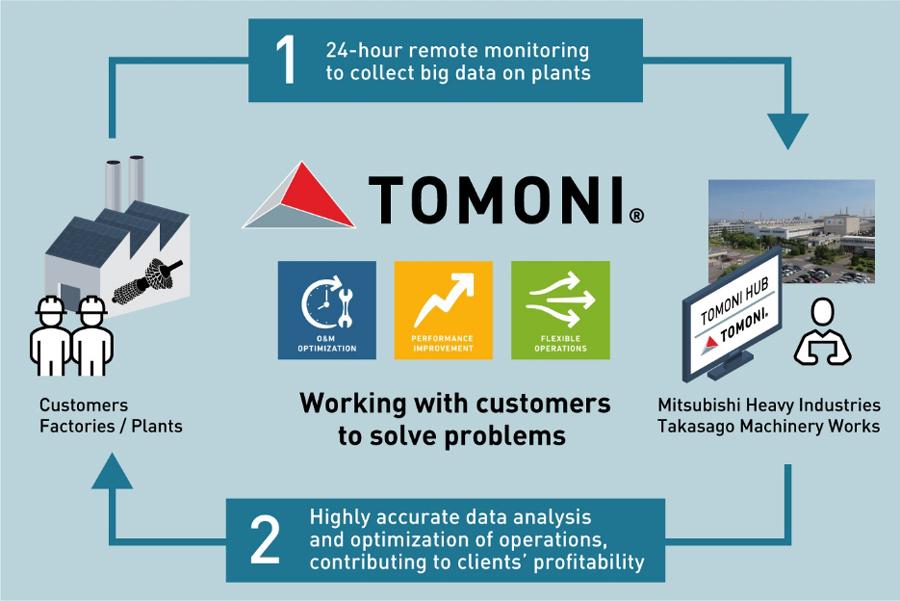
Client and Team Testimonials
-
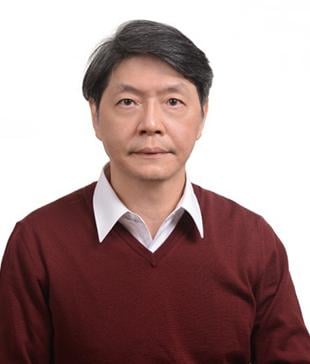
-
General Manager, Chang Chun Petrochemical Co., Ltd.
Chih-Chuan Tsai
The Chang Chun Group has been installing cogeneration facilities since 1984. Mitsubishi Power has delivered nine steam turbines and five boilers to supply electricity and steam for their plant's operations. This time, the Chang Chun Group decided to install Mitsubishi Power's H-25 gas turbines, which have a proven track record with nearly 200 units in operation. We are confident that the H-25 gas turbines, with their outstanding technology and high reliability, will make a significant contribution to reducing CO2 emissions from the Chang Chun Group.
-
-
Deputy Manager, Sales & Commercial Group,
Mitsubishi Heavy Industries, Ltd. Taipei BranchWei-Cheng Tung
It is expected that demand for gas turbine cogeneration systems that can reduce CO2 emissions and provide a stable supply of electricity will grow in the industrial market in Taiwan. We will continue to support the stable operation of our customers’ plants by providing highly reliable gas turbines and a wide range of after-sales services, and we will proactively contribute to the realization of a carbon-neutral society by 2050.
Related Products
Press Release
- Mitsubishi Power Receives Order for H-25 Gas Turbine for Taiwan’s Chang Chun Plastics -- Conversion of Cogeneration System at the Dafa Factory in Kaohsiung to High-Efficiency Gas-Fired System to Reduce CO2 Emissions --
- Mitsubishi Power Receives Order for H-25 Gas Turbine for Taiwan's Chang Chun Petrochemical -- Conversion of Cogeneration System at the Miaoli Factory in Miaoli City to High-Efficiency Gas-Fired System to Reduce CO2 Emissions --

